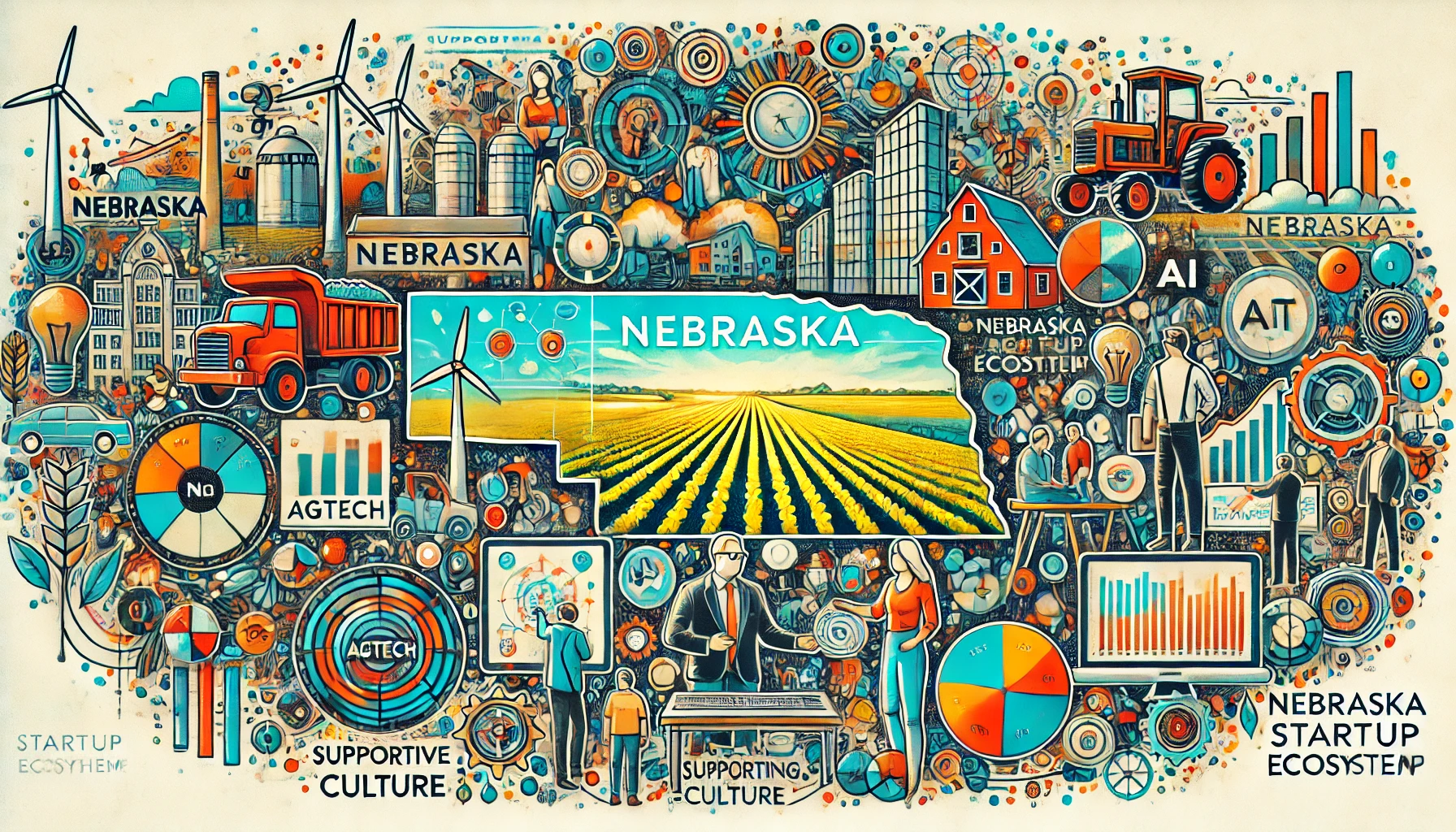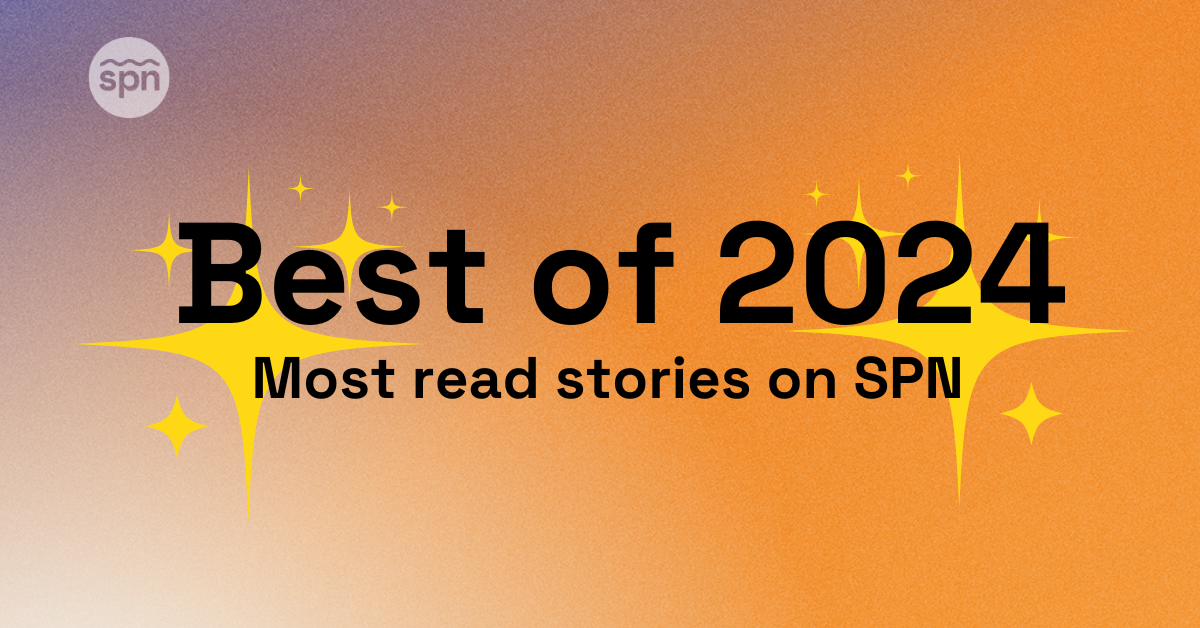
Kelly Burdine is a Data Analyst Lead at Hudl, the Lincoln, Nebraska, based company that builds video sharing and analytics software for sports teams and athletes. She will be on a panel this month at Infotec, the region’s premiere enterprise technology conference in Omaha, Nebraska, discussing predictive analytics and data science. We caught up with Burdine this week over the phone.
SPN: How did you get into the data science field?
KB: I kind of had a unique path, to be honest. I was in the military for six years as an intelligence analyst. And then when separated from active duty I worked at STRATCOM for a little while [as an analyst].
Then I decided to pursue my Master’s Degree at Creighton [University]. While I was there I got involved in a data science research group that was focused on using social network analysis to solve problems, mostly in international relations.
That’s how I got into data science. We had to use it a lot to do our research, and I just kind of loved it. I learned how to program on my own and luckily I found a job at Hudl.
SPN: How long have you been at Hudl?
KB: I’ve been at Hudl almost two years. It’s great. I love working for Hudl. It’s so different than any job I’ve ever had in a very, very good way. You get a lot of autonomy in your work. It’s very fast paced. But we also do a good job in the hiring process to hire really smart people that are go-getters. It’s a fun crowd to work with.
SPN: At Hudl what kinds of questions are you trying to answer with predictive analytics?
KB: My team is focused on the business side of things, helping our business team and product team answer questions. We are working on a couple different models now. One is predicting the likelihood that one of our sports teams will renew their subscription or not. That way our account managers can reach out to those teams that are likely to renew.
We also have a service called Hudl Assist. When a coach uploads video into Hudl they have the option to tag their video with all the important stats, but the Hudl Assist service allows them to upload the video and it gets tagged by an analyst and returns it to them in less than 24 hours. It saves them a ton of time.
The issue is that you have thousands of teams and even more games being submitted. Trying to schedule the appropriate number of analysts to be able to get those games accurately tagged and returned to customers in 24 hours is a pretty difficult operation problem to solve. We did some predictive modelling on when coaches were most likely to submit video.
SPN: With data and business there’s always more questions than can be answered. How do you manage the overload of data and the need to get insights quickly?
KB: That’s a really important problem to solve. When I approach these things I try to be hypothesis driven. Along with that, the first question I always ask when someone comes to me is, “What problem are you trying to solve with this?” If it doesn’t cut costs, increase profits, improve user experience it’s hard to spend time on. We really want to make sure we’re doing something meaningful right off the bat.
Then comes, “What’s your hypothesis here?” It has to be measurable and testable. That helps me figure out how I can accurately test the change they are trying. I need to be able to test in order to say whether or not the change was a success.
SPN: What would you say is the biggest misconception people have about predictive analytics?
KB: There’s a lot of hype around it right now–and a lot of hype around Big Data. I would say the biggest misconception is that people assume that if you just collect data, something will magically appear from it. It doesn’t really work like that.
You can’t just look at a massive data set and just expect something to pop out at you. You still need to take the scientific method. Ultimately, it’s not a given that with more data you have more insights. You have to know what you’re doing and where to look.
SPN: What qualities make a great data scientist?
KB: I really look for someone who is a great problem solver. I have a couple people on my team who didn’t come from a traditional data science background. They didn’t come from computer science, but they are really good at thinking analytically.
Also, asking very good questions. Tools are important. Experience is important. But ultimately that doesn’t matter. It’s much easier to teach somebody how to program in Python than to teach someone how to ask the right questions. That’s the most important trait I’ve looked for when looking for a new data scientist or data analyst.
—
Infotec is March 28. See the full list of speakers here.




